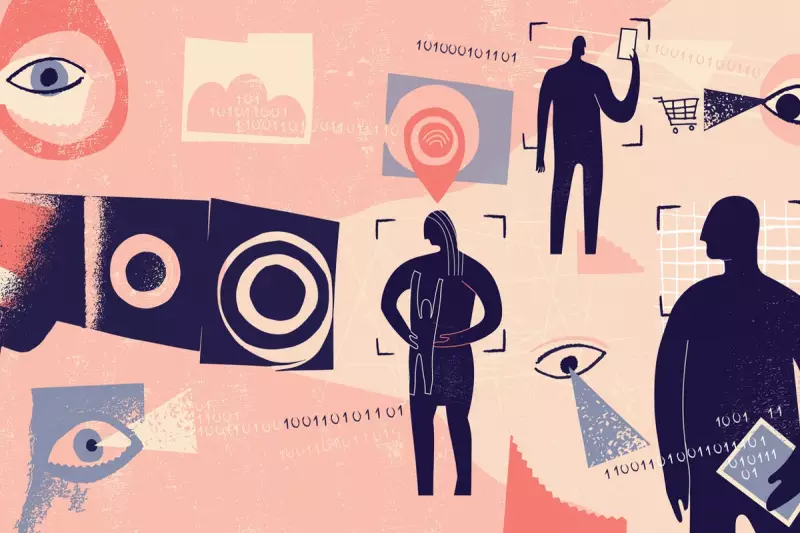
In an era where technology permeates every aspect of life, parents are embracing digital tools like Apple's AirTags and tracking apps to monitor their children's movements. The trend, driven by growing concerns over online safety and real-world risks, has sparked a heated debate: is constant surveillance the key to child safety, or does it infringe on young people's privacy?
The Tech Behind the Trend
Devices such as AirTags, Tile, and dedicated GPS trackers are becoming commonplace in school bags and coat pockets. These gadgets sync with apps like Find My iPhone, allowing parents to pinpoint their child's location in real time. Some parents even use discreet tracking methods, slipping devices into shoes or sewing them into clothing.
Safety vs. Privacy: The Great Debate
While many parents argue that tracking provides peace of mind in an increasingly dangerous world, critics warn of potential long-term effects. Child psychologists question whether constant monitoring might hinder children's development of independence and risk-assessment skills.
"There's a fine line between protective parenting and over-surveillance," says Dr. Emma Richardson, a child development expert. "Children need opportunities to explore and make mistakes within safe boundaries."
The Legal Landscape
The practice raises complex legal questions, particularly as children grow older. In the UK, there are no specific laws prohibiting parents from tracking their minor children, but the ethical implications continue to be debated in parenting circles and beyond.
Alternatives to Tracking
For families uncomfortable with digital monitoring, experts suggest:
- Establishing clear safety rules and check-in routines
- Teaching children how to navigate public spaces safely
- Using non-tracking safety devices like emergency alert buttons
As technology evolves, so too will the conversation about how best to balance safety with privacy in parenting.





